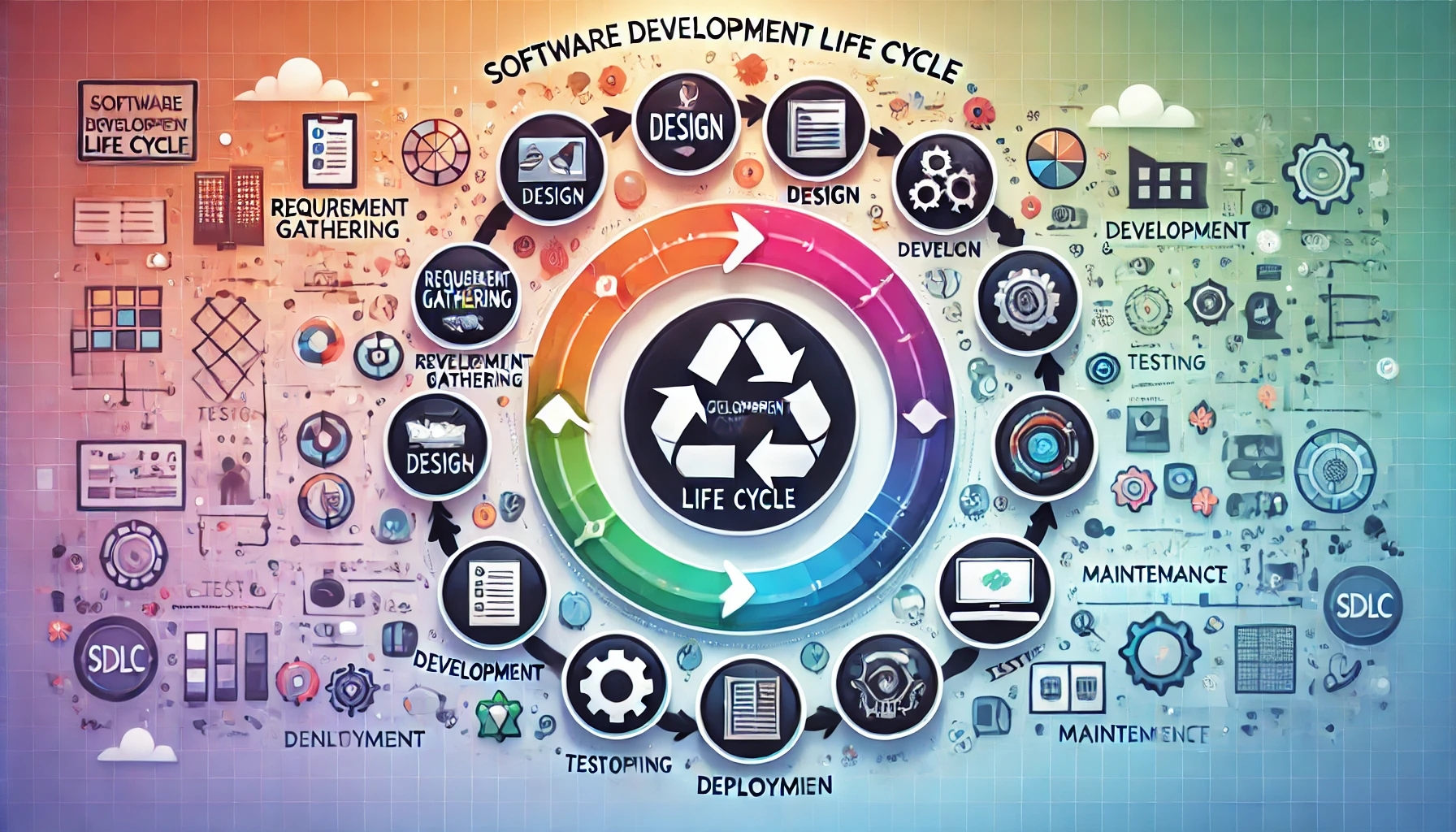The 2024 Ultimate Guide to Staff Augmentation: Types and Benefits"

Last Update: 12 Feb 2024
Introduction
In Today's growing and ever-evolving business landscape, companies often face the challenge of scaling their workforce to meet project demands, cover skill gaps, and stay competitive. Staff augmentation has emerged as a strategic solution to these challenges, providing businesses with the flexibility to augment their existing teams with skilled professionals on a temporary basis. As we step into 2024, understanding the different types of staff augmentation and their benefits is crucial for businesses looking to optimize their workforce and drive growth. This comprehensive guide explores the various types of staff augmentation and provides insights into how businesses can leverage this model to achieve their objectives.
Types of Staff Augmentation: A Comprehensive Exploration
Staff augmentation is a strategic approach that enables companies to quickly and efficiently scale their workforce by integrating external talent into their existing teams. This flexible model caters to various business needs, from short-term project demands to long-term strategic goals. Understanding the different types of staff augmentation and their applications can help businesses make informed decisions about when and how to leverage this model. Here are the main types of staff augmentation, explained in detail:
1. Short-Term Staff Augmentation
Overview: Short-term staff augmentation involves hiring professionals for a brief period, typically ranging from a few weeks to a few months. This type is ideal for addressing immediate skill gaps or handling temporary increases in workload.
Applications:
- Seasonal Demand: Retailers can augment their staff during peak shopping seasons, such as the holiday period, to manage the increased customer flow and demand.
- Special Projects: Companies can hire experts for short-term projects that require specialized skills not available in-house, such as a marketing campaign or a product launch.
- Employee Leave: Organizations can temporarily fill positions when employees are on leave, such as maternity or medical leave, ensuring business continuity.
Benefits:
- Flexibility: Quickly scale your workforce to meet immediate needs without long-term commitments.
- Cost-Effective: Save costs associated with hiring permanent employees, such as benefits and long-term salaries.
- Speed: Rapidly onboard skilled professionals to address urgent project requirements.
2. Long-Term Staff Augmentation
Overview: Long-term staff augmentation involves hiring professionals for extended periods, typically six months or more. This type is suitable for ongoing projects or when there is a consistent need for specialized skills.
Applications:
- Product Development: Technology companies can augment their development teams for the duration of a product development cycle, which may span several months or years.
- Infrastructure Projects: Construction firms can hire engineers, architects, and project managers for long-term infrastructure projects.
- Business Expansion: Companies expanding into new markets can hire local experts to navigate regulatory and cultural differences over an extended period.
Benefits:
- Stability: Maintain a stable workforce for long-term projects, ensuring continuity and consistent progress.
- Skill Integration: Integrate specialized skills into your team for an extended period, enhancing overall team capabilities.
- Reduced Turnover: Lower turnover rates compared to short-term hires, as professionals are engaged for longer durations.
3. Project-Based Staff Augmentation
Overview: Project-based staff augmentation involves hiring professionals specifically for the duration of a particular project. Once the project is completed, the contract with the augmented staff typically ends.
Applications:
- IT Implementations: Organizations can hire IT specialists to implement new systems or software, ensuring successful project completion.
- Research and Development: Pharmaceutical and biotech companies can augment their R&D teams with scientists and researchers for specific research projects.
- Event Management: Event management firms can hire additional staff to plan and execute large-scale events, such as conferences or trade shows.
Benefits:
- Focused Expertise: Gain access to specialized skills and expertise needed for specific projects.
- Efficient Resource Utilization: Hire professionals only for the duration of the project, optimizing resource allocation and costs.
- Project Completion: Ensure timely project completion with the right talent in place.
4. On-Demand Staff Augmentation
Overview: On-demand staff augmentation allows businesses to hire professionals on an as-needed basis, often with very short notice. This type is ideal for urgent tasks or last-minute project requirements.
Applications:
- Emergency Support: Companies can quickly bring in additional support during emergencies or unforeseen circumstances.
- Critical Deadlines: Organizations facing tight deadlines can hire extra help to ensure project milestones are met.
- Skill Shortages: Address sudden skill shortages that arise due to unexpected departures or increased workload.
Benefits:
- Immediate Access: Quickly access skilled professionals to address urgent needs.
- Flexibility: Adjust workforce size dynamically based on immediate requirements.
- Cost Savings: Pay only for the hours worked, reducing unnecessary expenditure.
5. Specialized Skill Augmentation
Overview: Specialized skill augmentation involves hiring professionals with highly specialized skills or expertise that are not readily available within the existing team. This type is often used for niche projects or advanced technical tasks.
Applications:
- Advanced Technologies: Tech companies can hire experts in emerging technologies such as artificial intelligence, blockchain, or cybersecurity for specific projects.
- Industry-Specific Knowledge: Businesses in specialized industries, such as healthcare or finance, can augment their teams with professionals who have in-depth industry knowledge.
- Consulting and Advisory: Organizations can bring in consultants or advisors with specialized expertise to guide strategic initiatives or complex projects.
Benefits:
- Access to Expertise: Leverage advanced skills and knowledge that are not available in-house.
- Innovation: Drive innovation and stay ahead of industry trends with specialized talent.
- Enhanced Capabilities: Strengthen your team’s capabilities by integrating expert skills.
Benefits of Staff Augmentation
- Flexibility: Easily scale your team up or down based on project needs.
- Cost-Effective: Reduce overhead costs associated with permanent hires, such as benefits and training.
- Access to Expertise: Gain access to a global pool of skilled professionals with specialized expertise.
- Speed: Quickly onboard professionals to meet tight project deadlines.
- Focus on Core Business: Allow your internal team to focus on core business activities while augmented staff handle specific tasks.
Conclusion
Modina Sharif Raisa'sblogs
Trendingblogs
Get the best of our content straight to your inbox!
Don’t worry, we don’t spam!















